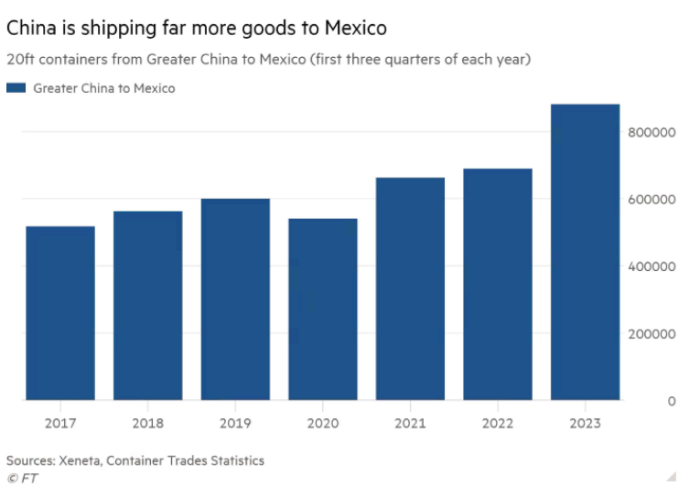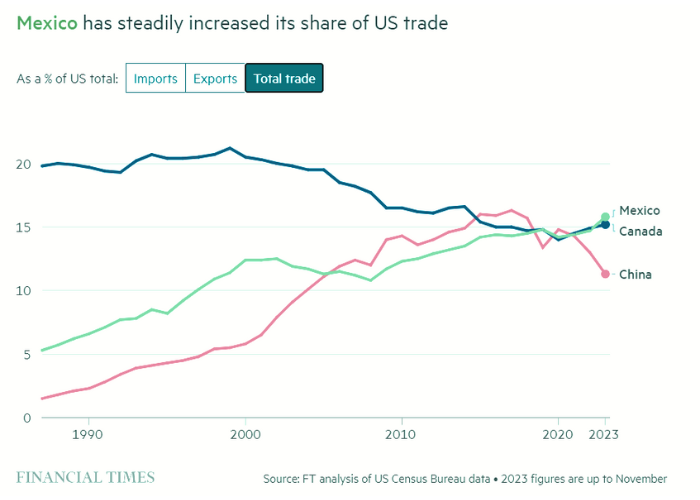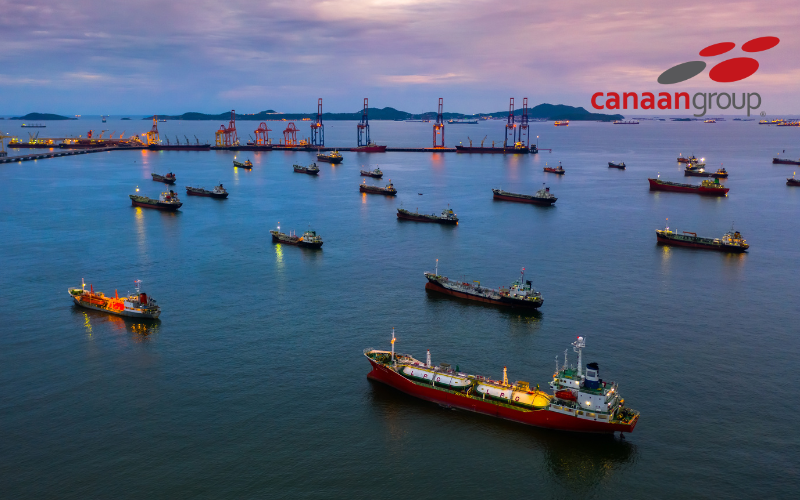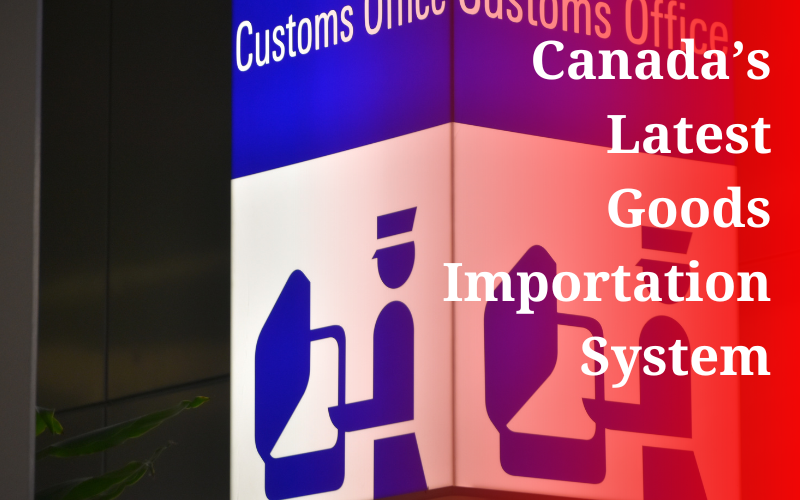The union representing nearly 9,300 workers at Canada’s largest rail operators, CN and CPKC, is facing a potential work stoppage due to stalled negotiations over working conditions and wage increases. Teamsters Canada, led by François Laporte, accuses both rail companies of wanting to remove essential safety-critical rest provisions from collective agreements, which are crucial for combating crew fatigue and ensuring public safety. Despite seeking a negotiated settlement, the union finds the companies’ demands unacceptable.
Notices of dispute were filed by CN and CPKC this week, marking the beginning of a process that could lead to a strike or lockout by early May. The union claims that the railroads prioritize profits over the well-being of supply chains, farmers, or small businesses, and are prepared to force a work stoppage to meet their goals.
The dispute involves 6,000 CN workers and 3,200 CPKC workers in Canada, covering conductors, engineers, and yard workers, plus around 80 rail traffic controllers represented by TCRC’s Rail Canada Traffic Controllers division. The current collective bargaining agreements expired on December 31, 2023.
CPKC responded to the union’s accusations by stating they have offered wage increases, quality-of-life improvements, and predictable schedules with assigned days off. However, they acknowledge a significant gap remains on these issues. CPKC proposed two options for renewed contracts, emphasizing safety and employee well-being, while CN highlighted regulatory changes that necessitate a modernization of the compensation model to maintain a predictable, efficient service for both employees and customers, suggesting a structured workweek with ample rest periods and consecutive days off.
Canaan Group remains committed to delivering timely market insights to our esteemed clients, focusing on risk mitigation and strategic planning. Should your shipments depend on intermodal services, we encourage you to consult with the Canaan Group team to explore strategies for overcoming potential challenges.























